Advice for Student Photographers
I often receive emails from student photographers seeking advice about pursuing a career in photography. I decided to compile the answers to the most frequently asked questions in a blog post.
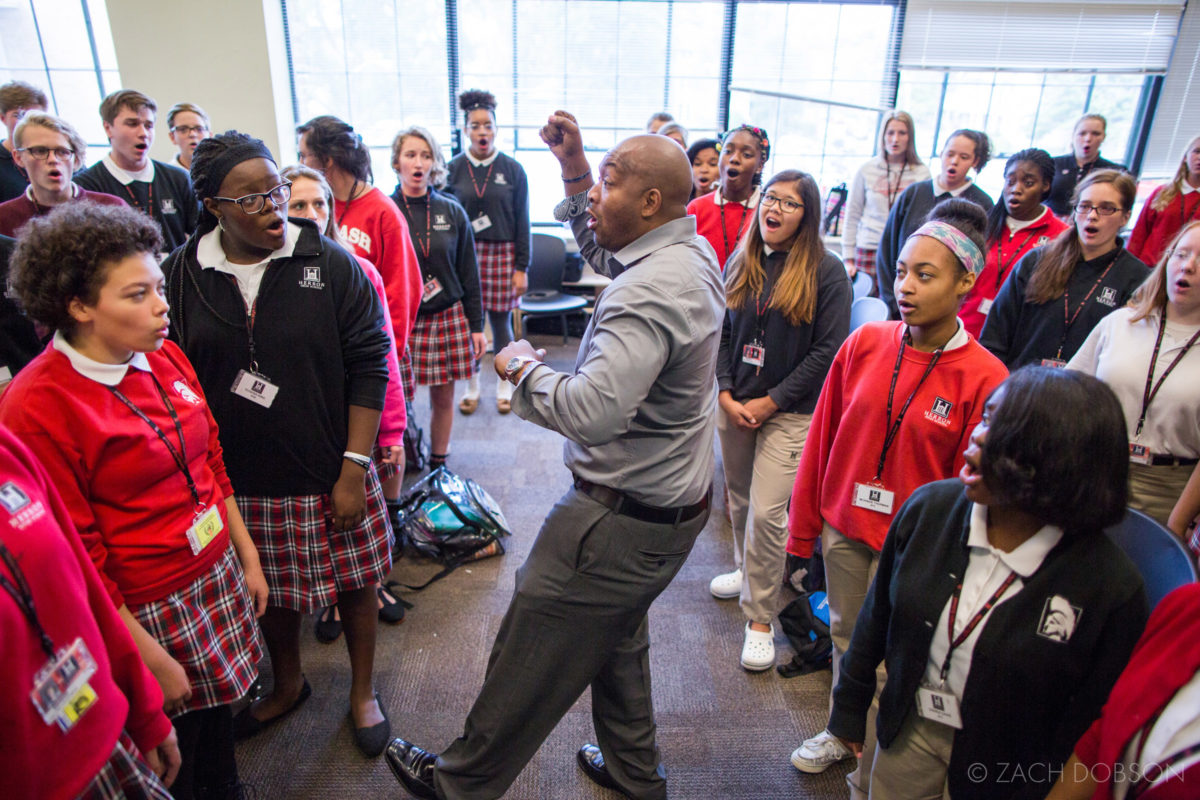
FIND YOUR VOICE
The most important advice I have for student photographers is to find your own unique point of view. This is the key to differentiating yourself from the thousands of other people trying to make a career in photography. Your voice is what you’re looking to convey with your work. It’s not something you sit and try to define in words. It’s primarily driven by the work you create.
The best way to find your voice as a photographer is to get out and shoot as much as possible. Think, “What am I interested in photographing?” It doesn’t need to be limited to a narrow category (sports, music, fashion, news, etc.). Try anything and everything that sounds compelling. As you shoot more, devote more time to the subjects you find most interesting. Here’s a good example of something I went out to shoot just because I found it interesting.
SHOOT YOUR INTERESTS
Don’t fall into the trap of chasing images you think other people might like or find impactful. Shooting what you find interesting will make more compelling images than shooting on trend or trying to convey what you perceive to be an important statement.
As a student photographer, you have access to a wealth of subjects to photograph. At any university there are many different departments and areas of study and any one of them would be thrilled to have someone taking their photo and highlighting the work they’re doing. Plus, being a student photographer or working for a student publication can get you access to all types of different events or people outside of school that you might want to photograph.
Studying other topics you’re interested in will greatly inform your photography. Learning about anything from sociology to dance can affect the direction you take with your work. Like I said, follow what interests you and that will help you find your voice, which is key to being a great photographer.
BUILD YOUR COMMUNITY
School is also a great place for creating relationships. Good professors can be life-long mentors. Friendships will lead to all sorts of personal and professional opportunities you couldn’t even guess at this point. A network of alumni will be thrilled to meet with you, advise you, and hire you from here on out.
START A DATABASE
I recommend starting to collect your contacts & grow a database now. Use Apple or Google contacts and compile a list of everyone you know: friends, family, acquaintances. Get all of their email addresses and phone numbers in there at a minimum.
Go to events through your school and in the community that sound interesting to you. When you meet someone, get their business card and put them in your database. Ask people if you can add them to your email list. Send out a monthly or bi-weekly email with 1 or 2 images and say something like, “To see my latest work, be sure to follow me on Instagram/Twitter/Blog (include links).” Don’t ask people for work in these emails. They should just be casual: “Hey, I wanted to share this with you.” You can use a service like MailChimp for free.

LEARN HOW TO RUN A BUSINESS
If you want your passion for photography to be more than just a hobby, you’ll want to study business and marketing. This will not only help you run your own company, it’ll help you know how to best serve your clients. Even if you’re considering doing photography as art, and not commercially as I do, you still need at least basic business skills to know how to make a living at it.
I’ve been a full-time photographer for more than a decade and I can tell you that actually shooting and editing photos comprises less than half of my time. A lot of my time is spent marketing and doing the actual work of running a business. Here’s a partial list of my other regular tasks…
building & maintaining a database of contacts
networking opportunities (i.e. community events)
calling current & prospective clients
writing current & prospective clients
meeting with current & prospective clients
bidding/estimating for new jobs
writing contracts & licensing agreements
registering copyrights
budgeting/tracking expenses
creating email & print pieces to market my business
blogging
posting to social media
managing & maintaining equipment
reading & studying (continuing education classes, publications, blogs, etc.)
managing digital files (organizing, exporting, uploading, archiving)
hiring & managing contractors (assistants, stylists, etc.)
I could list more, but I think you get the idea. I mention all of these things because I think it’s good to know what you’re getting into. As your business grows, you can hire people to handle a lot of the tasks you might not care to do, but you’ll always oversee everything, and in the beginning it’s a one-man show. That’s why I always tell students to take business classes. I’ve seen many talented photographers struggle and fail because they can’t run a business and many average photographers succeed because they can run a business. This is why taking business classes is important advice for student photographers.
AVOID DEBT!
It’s very tempting as a broke student photographer to borrow money in order to buy a nice camera and lenses and tell yourself that you need them. Debt severely limits your options in the future. Buy what you can afford right now. If you have $500, buy some used gear. Then after you’ve had time to save up more, sell your old gear and put that money together with your savings to upgrade.
When you’re a young photographer and your shooting style is developing, the type of gear you want can change pretty quickly, so don’t put much money into it. Borrow gear available at your school. You can also rent specialty gear when you need it from places like BorrowLenses.
If you use the affiliate link below, it helps me keep doing what I do and connects you with a great service I use all the time…
Check out BorrowLenses!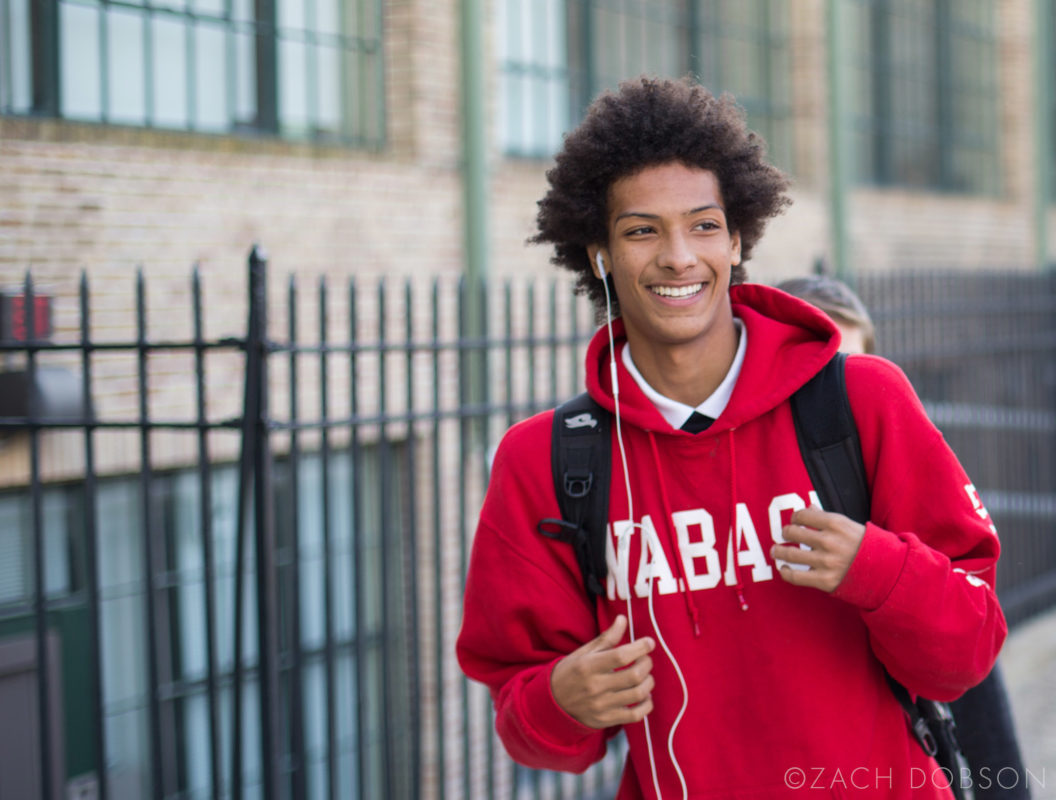
START TODAY
So what can you do as a student photographer to get started now?
Shoot, shoot, shoot. Then edit and see what you like and what you don’t like. It can be good to get feedback from a trained eye, but don’t put much stock in likes and retweets. Most photographers who receive thousands of likes on their Instagram photos are NOT making a living as a photographer. I also know some professionals who generate hundreds of thousands of dollars each year and only have a few followers or aren’t on social media at all.
The style that plays well on Instagram often doesn’t translate to images that work on most other media. I find that my most complex and layered images don’t play as well on social media as my simple and “pretty” images. But those complex photos work much better for print and full-page website images. They’re also the preferred images of my clients.
When people start seeing your work and following you, they’ll start asking you to shoot things for them. It will take a few years before you’re able to do it full time, but the sooner you start, the sooner you’ll get there.
GET INVOLVED
Getting involved in your local community of photographers. Professional organizations like the American Society of Media Photographers (ASMP) have gatherings where student photographers can meet pros with a lot of experience, hear them speak and ask them questions.
When you get to know veteran photographers, you can ask them about assisting or shadowing them on a shoot, which is an excellent way to gain knowledge.
Many cities also have vibrant Instagram communities, where photographers meet up to shoot different events together, or have some friendly competition photographing a theme. In my area, two good examples would be Igers Indy and Igers Bloomington.
To sum it up, my advice for student photographers who would like to pursue a career in photography is to shoot all the time, share your images and build your network. If you develop an audience online throughout your time in college, that will be a HUGE help by the time your graduate.
I hope this advice for student photographers helps a bit! If you have any questions or feedback to give, please leave a comment below so everyone can benefit from the dialog.
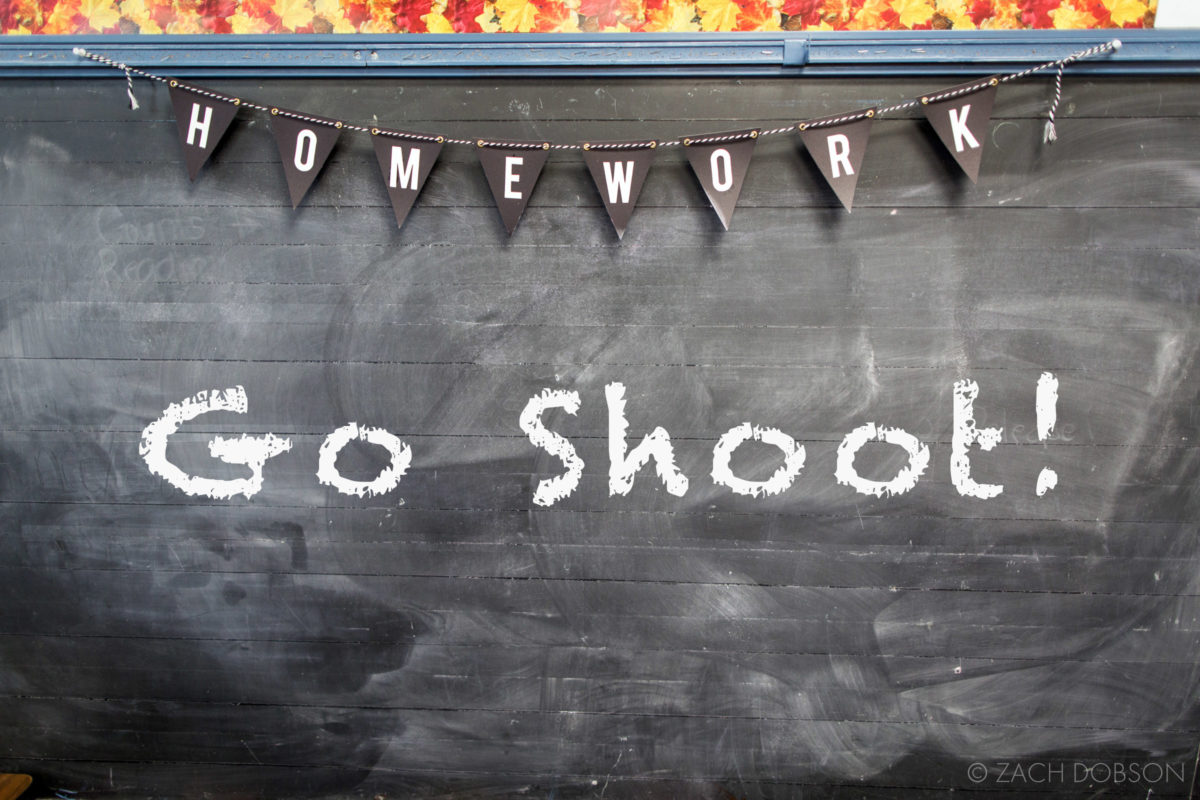

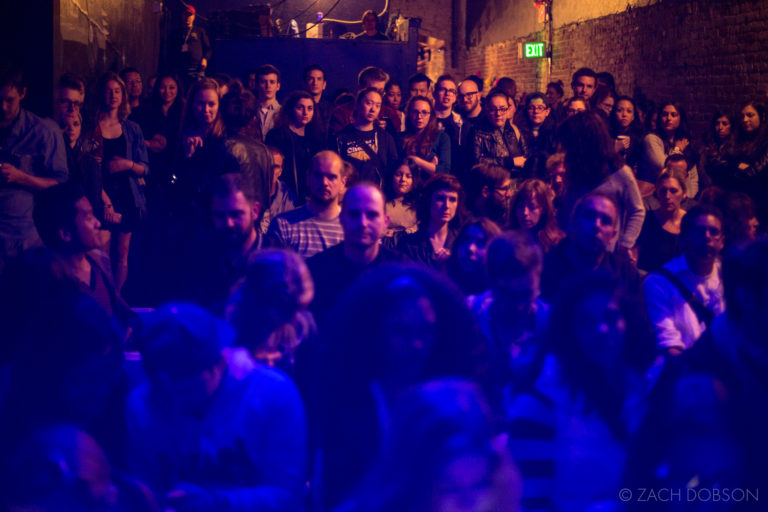

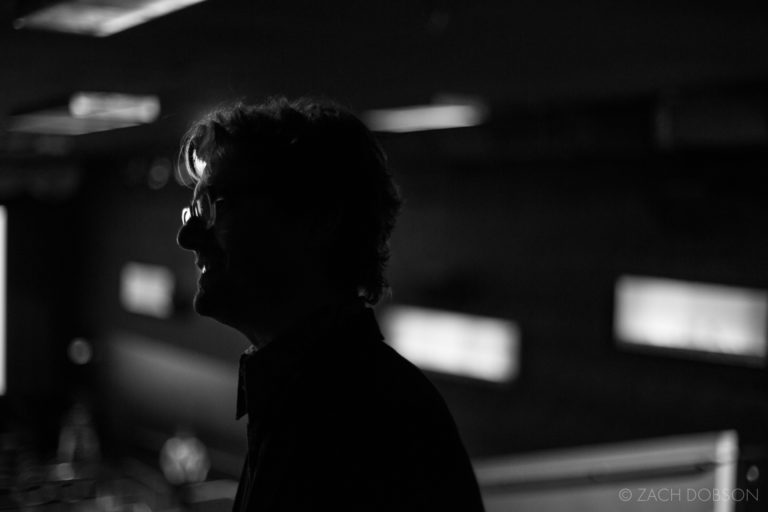
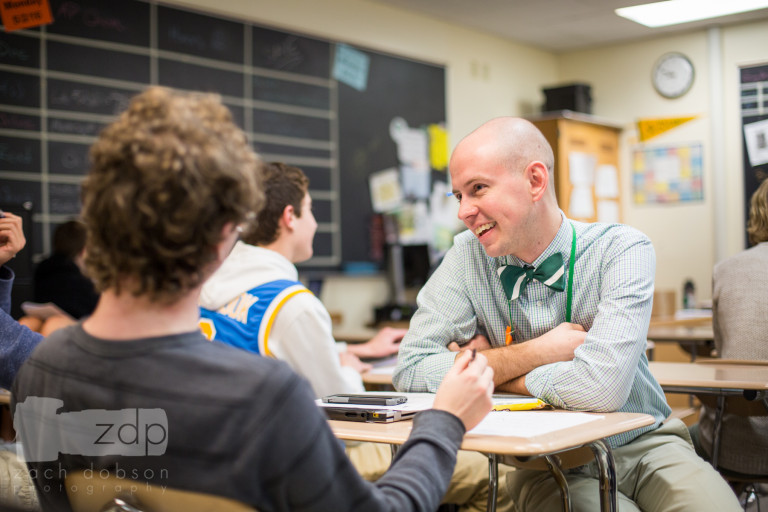
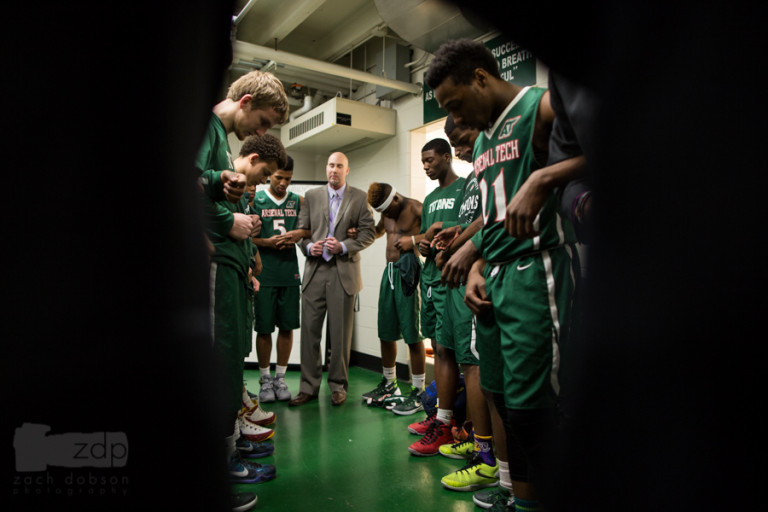
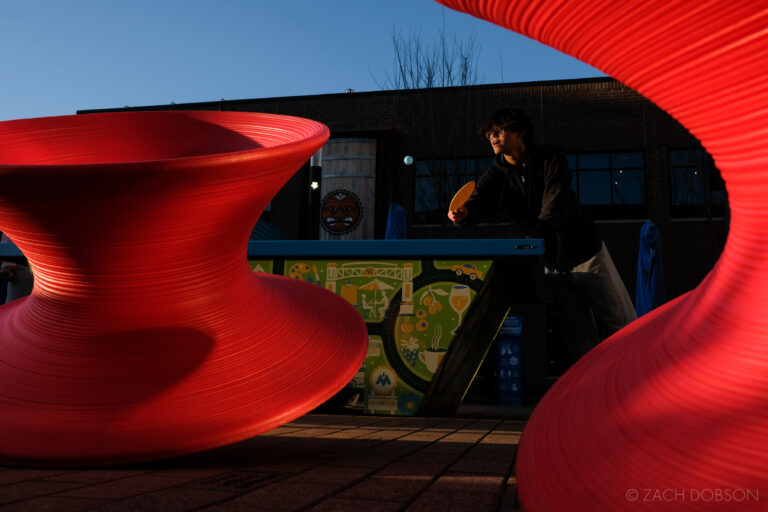
One Comment